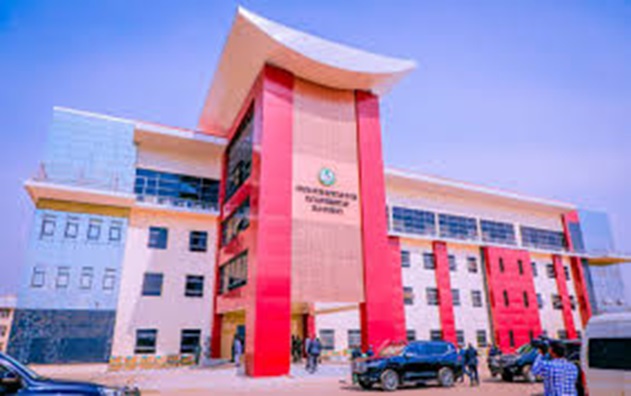The inauguration of the North-Central Development Commission (NCDC) marks a turning point for a region that has given so much to Nigeria but received so little in return. From hosting the Federal Capital Territory to supplying food, minerals, and energy, the North-Central has carried national responsibilities on its shoulders. Yet its communities remain burdened by poor infrastructure, weak healthcare systems, underfunded schools, and recurring communal conflicts.
With the unveiling of the NCDC’s governing board, hopes are high. But hope alone cannot change realities. The challenge before the Commission is simple: will it be a genuine engine of renewal, or will it join the long list of government agencies that promised much but delivered little?
A Region in Need of Renewal
The North-Central is often described as Nigeria’s “food basket,” but farmers continue to struggle with insecurity, poor roads, and lack of storage facilities. Mineral resources abound, but illegal mining has stripped communities of wealth without delivering development. Youth unemployment remains alarmingly high, fueling migration and restiveness.
The NCDC must tackle these issues head-on. Its mandate must go beyond paperwork and speeches. The Commission must deliver practical results that touch lives — rural roads that connect farmers to markets, healthcare facilities that serve mothers and children, skills programmes that create jobs for young people.
Avoiding the Politics Trap
One of the greatest risks facing the Commission is politicization. Too many regional development agencies in Nigeria have been reduced to platforms for contracts, patronage, and political bargaining. If the NCDC follows this path, the North-Central will remain trapped in underdevelopment while its people lose faith once again.
President Bola Ahmed Tinubu and the supervising Minister of Regional Development have already stressed the need for prudence, transparency, and inclusivity. The board must take this seriously. Its success will be measured not in contracts awarded, but in lives improved.
Women and Youth at the Centre
No region can progress if half of its population is sidelined. Women and young people drive much of the North-Central’s economy — in farming, trade, and small businesses. The Commission must deliberately design programmes that empower them, not as beneficiaries of token schemes, but as partners in growth. Skills development, entrepreneurship support, and digital literacy must rank alongside infrastructure in priority.
Partnership for Progress
The NCDC cannot work in isolation. State governments, local authorities, civil society, and the private sector must be central partners in its mission. Farmers need access to modern technology, young graduates need pathways into industry, and investors need confidence that resources will be managed responsibly. Development is never the product of government alone; it requires collaboration.
The Moment of Truth
The creation of the NCDC has raised expectations across Kogi, Kwara, Niger, Plateau, Benue, Nasarawa, and the FCT. Now comes the real test: will it transform hope into visible progress, or will it become another missed opportunity?
The North-Central stands at a crossroads. The decisions taken today will shape the region’s future for decades to come. The Commission cannot afford to fail — because history will not be kind to failure.
– Moses Emani Salami writes from Kogi state.




